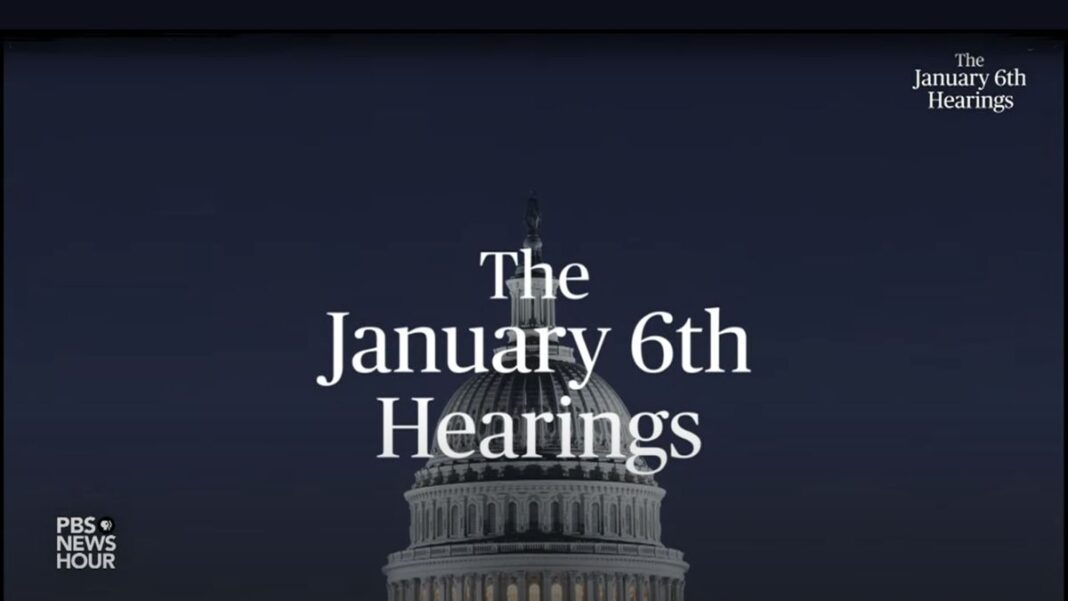Less than 6 percent of medical drugs have high-quality evidence to support their benefits, according to a recent study by the University of Oxford.
The study found that, of the 1,567 eligible medications approved under the Cochrane Reviews from 2008 to 2021, more than 94 percent were not supported by high-quality evidence.
Cochrane Reviews is a leading international journal and database combining all available and relevant evidence about treatments and health care policies. It is often referenced in national and international health care guidelines, and is especially prominent in Europe.
Reviewing Cochrane Reviews’ 35 percent of research papers, researchers found less than half of the drugs approved from 2008 to 2021 had moderate to high-quality evidence. Further, harms were underreported, with around 37 percent of interventions found with harm and 8.1 percent had significant evidence of harm.
“It is particularly worrying that the harms of healthcare interventions are rarely quantified,” wrote Dr. Jeremy Howick, one of the co-authors of the study, in The Conversation.
“For a doctor or patient to decide whether to use a treatment, they need to know whether the benefits outweigh the harms. If the harms are inadequately measured, an ‘informed choice’ is not possible.”
According to Howick, the “cut-off” year was 2008, as that was when Cochrane Reviews incorporated a system called grading quality of evidence and strength of recommendations (GRADE) to assess the quality of evidence.
The GRADE system used by Cochrane, is a transparent framework for developing and presenting summaries of evidence and provides a systematic approach for making clinical practice recommendations.
It is a widely adopted tool for grading the quality of evidence and for making recommendations with over 100 organizations worldwide endorsing GRADE.
Although authors of the Oxford study speculated that the poor findings for drugs backed up by high-quality evidence may be because the sample studies were “unrepresentative” of the population, Howicks argued that it was unlikely given the strictness of Cochrane Reviews.








